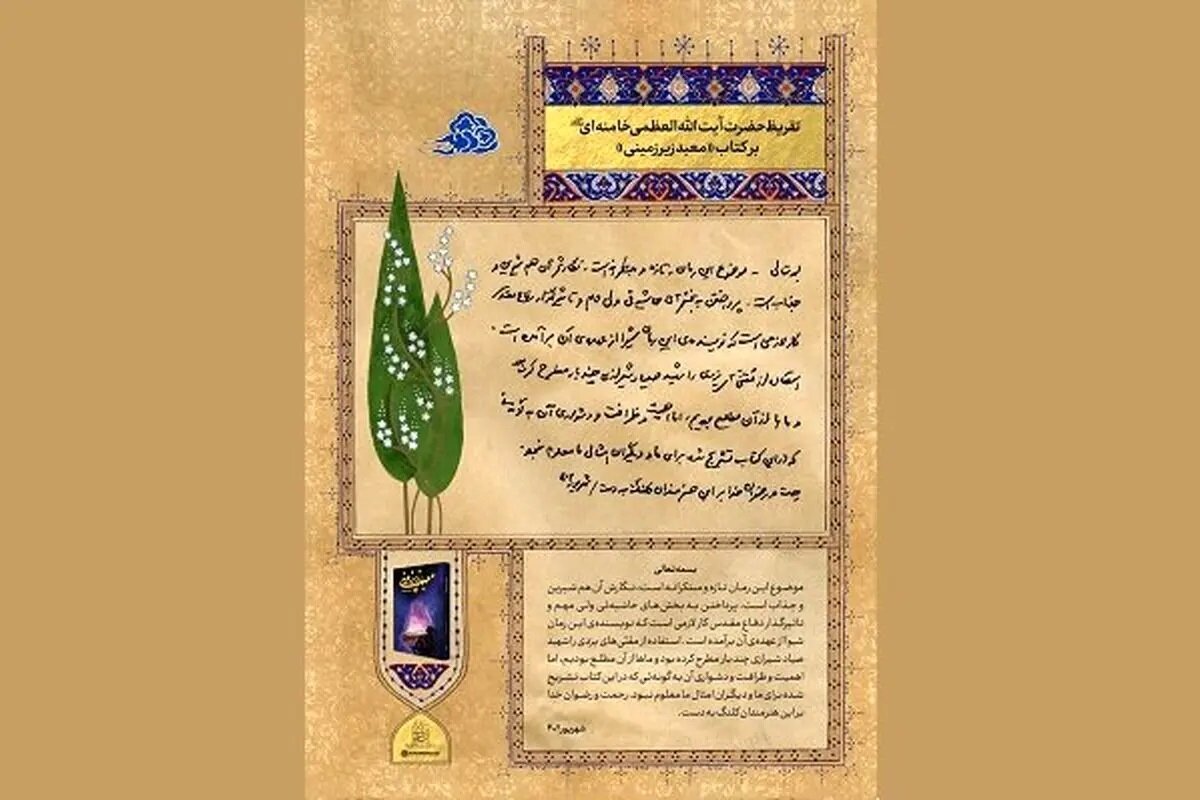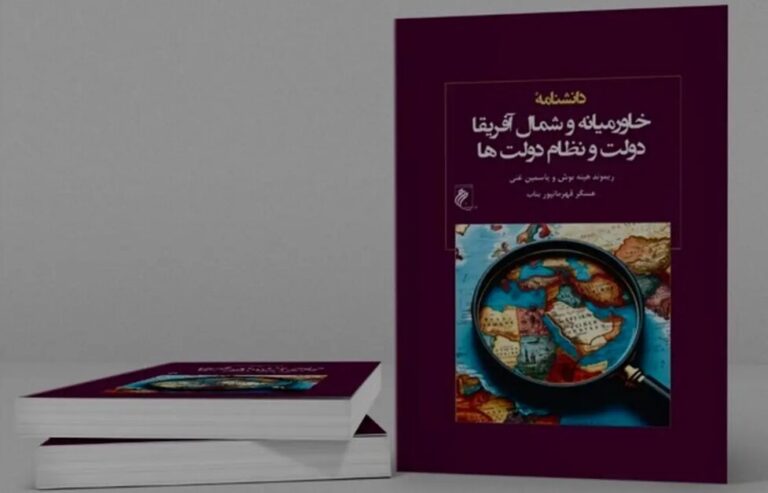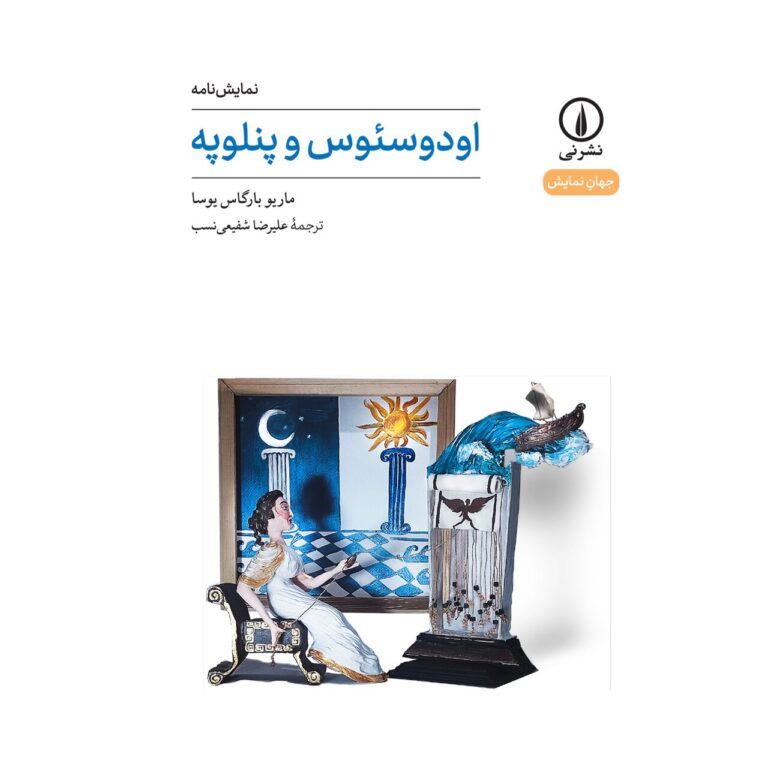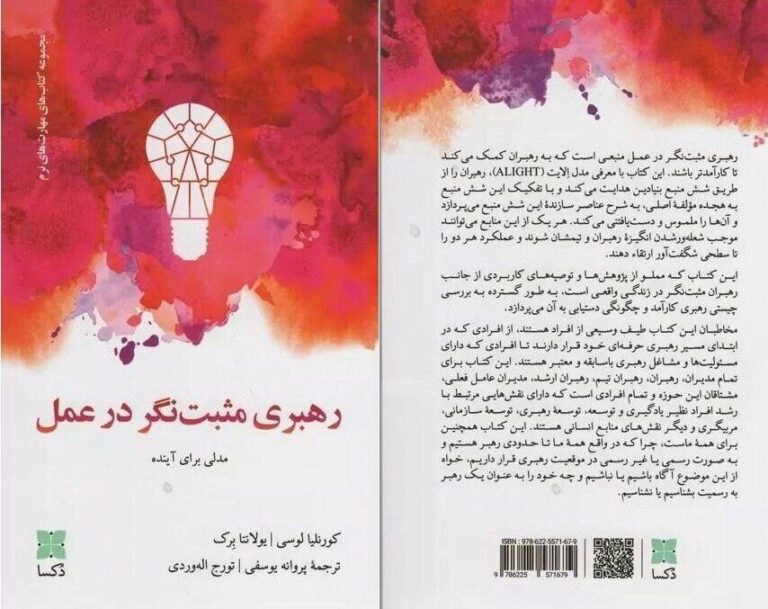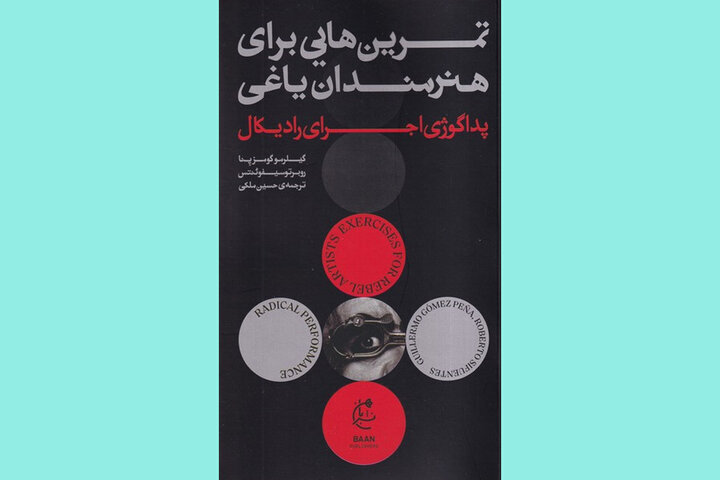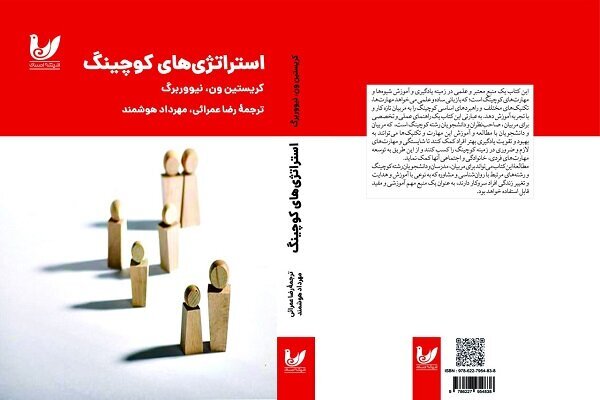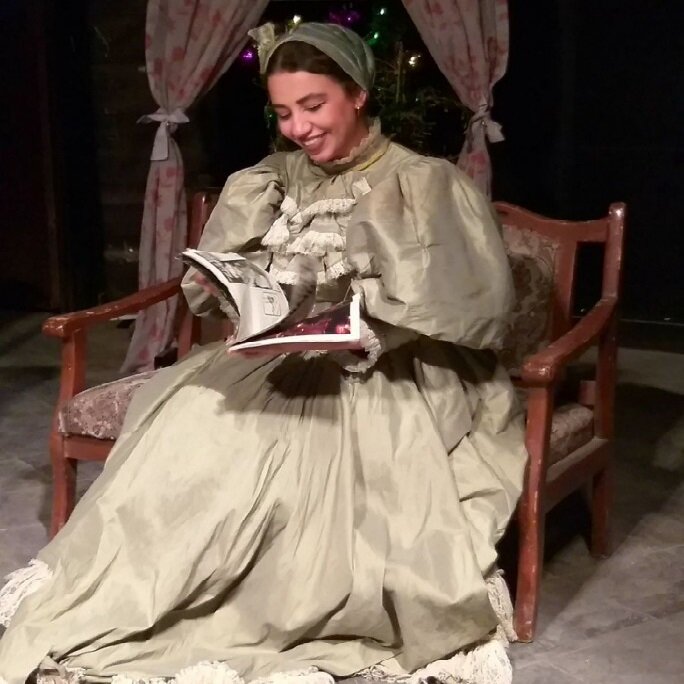Yazd’s Hidden Gem: Leader Honors the Enigmatic ‘Underground Temple’
On Thursday, a significant event unfolded in Rokn Abad Village, Meybod, Yazd Province, marking the unveiling ceremony for the commendation of the book “Underground Temple.” This momentous occasion was attended by prominent figures, including Ayatollah Seyyed Ali Khamenei, the Leader of the Islamic Revolution, and Mohammad Bagher Qalibaf, the Speaker of the Iranian Parliament. The event was a heartfelt tribute to the sacrifices of those who contributed during the Iran-Iraq War, focusing on the invaluable role of the well sinker martyrs.
Many officials and local citizens joined the ceremony, including the Governor of Yazd Province and members of the Islamic Consultative Assembly. Notably, several families of martyrs and veterans from the Sacred Defense era were also present, highlighting the community’s respect for their sacrifices, as reported by IRNA.
The book “Underground Temple” centers on the well sinker martyrs, individuals who played a crucial role by digging tunnels and wells to support Iranian forces during the Iran-Iraq War. It captures the essence of bravery and dedication from these unsung heroes who worked tirelessly in the face of adversity. Their stories, often overshadowed by more prominent narratives of war, are now receiving renewed attention thanks to this publication.
In his commendation, Ayatollah Khamenei expressed admiration for the book, emphasizing its noble and innovative themes. He remarked, “The theme of this novel is unique and innovative, and its writing is both delightful and captivating.” He acknowledged the importance of addressing peripheral yet critical aspects of the Sacred Defense, a task accomplished eloquently by the author.
Furthermore, he reflected on the historical significance of the well sinkers from Yazd, stating, “The contributions of the well sinkers from Yazd were highlighted multiple times by Martyr Sayyad Shirazi, a fact we were aware of; however, the importance, delicacy, and challenges as depicted in this book were not fully understood by us or others like us.” He concluded his remarks with a heartfelt blessing, “May God’s mercy and favor be upon these artists wielding their pickaxes.”
The book, authored by Masoumeh Mir-Aboutalebi, narrates the poignant story of Martyr Gholam-Hossein Rayat Rokn Abadi. He led a group of well sinkers involved in tunneling during Operation Fath al-Mobin. The narrative delves into the life of a young man named Elias, who embarks on a transformative journey of self-discovery beneath the soil.
Elias, initially disheartened and lonely, grapples with the opinions of others, particularly those of his uncle, which push him further into isolation. His mother’s overwhelming attention has also impacted his self-esteem, motivating him to prove his strength. His journey takes a pivotal turn when Haj Gholam-Hossein, the well sinker from Qom, arrives in his village. This encounter introduces Elias to a new world that values bravery and valor, leading to unexpected life changes.
Throughout the ceremony, several military personnel, veterans, and commanders from the eight years of the Iran-Iraq War were honored, alongside the esteemed families of martyrs from Rokn Abad and Mehr Abad villages. This recognition serves as a reminder of the sacrifices made during this significant period in history and the importance of preserving their legacy.
- Event Date: Thursday
- Location: Rokn Abad Village, Meybod, Yazd Province
- Key Attendees:
- Ayatollah Seyyed Ali Khamenei
- Mohammad Bagher Qalibaf
- Local officials and citizens
- Families of martyrs and veterans
- Book Title: Underground Temple
- Author: Masoumeh Mir-Aboutalebi
- Main Theme: The role of well sinker martyrs during the Iran-Iraq War
This commendation and the unveiling of “Underground Temple” not only pay tribute to the sacrifices made during the Iran-Iraq War but also emphasize the importance of storytelling in preserving history. The efforts of individuals like Masoumeh Mir-Aboutalebi in bringing these narratives to light ensure that the contributions of these unsung heroes are not forgotten.
As the community reflects on these stories, it serves as a reminder of the resilience and bravery displayed during one of the most challenging periods in Iran’s history. The book stands as a significant contribution to the literary landscape, shining a light on the often-overlooked aspects of war and sacrifice.
